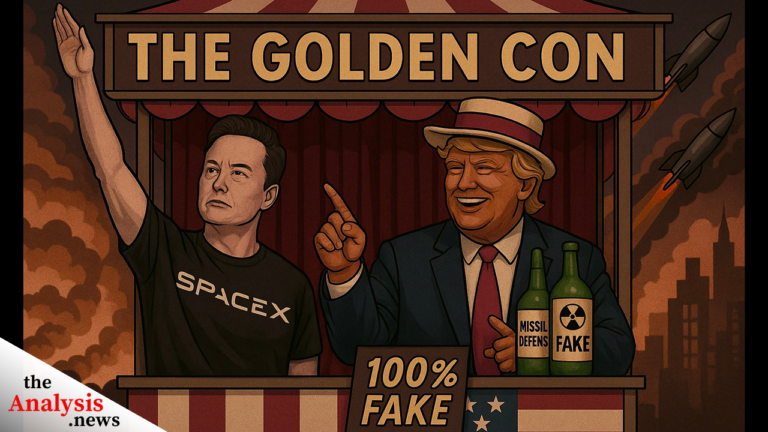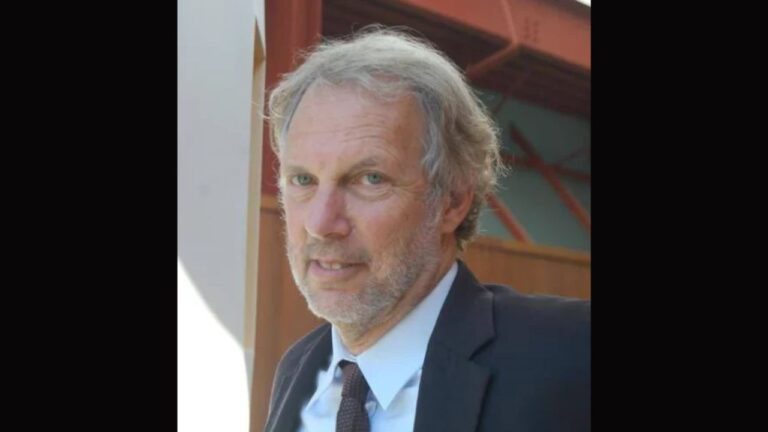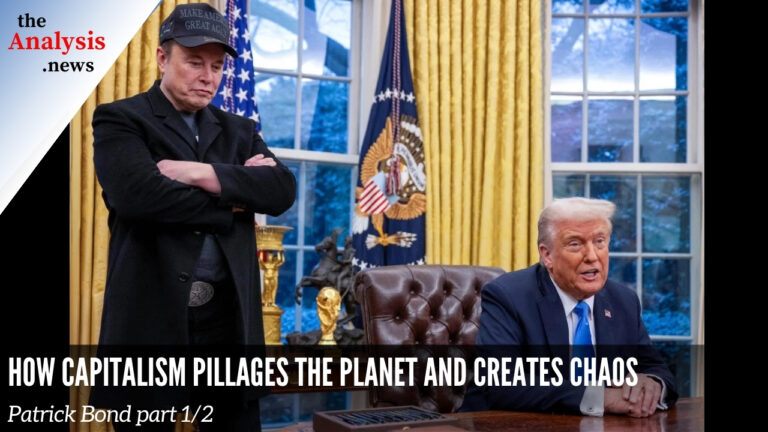“It Will Take 100 Million Deaths” Hedge Fund Billionaire Warns of AI Threat
Billionaire hedge fund manager Paul Tudor Jones recently warned that artificial intelligence poses an “imminent threat” to humanity, with a 10% chance it could lead to catastrophic loss of life within 20 years. But while Jones acknowledges the danger, he stops short of identifying the real cause: the reckless, profit-driven race among Big Tech firms and national powers to dominate AI at any cost.
We also reveal what Jones doesn’t mention: the growing integration of AI into nuclear command and control systems.
AI doesn’t have to lead us over the edge. Under democratic public ownership, it could help solve the climate crisis—but in the hands of tech monopolies and the military, it could destroy us.









